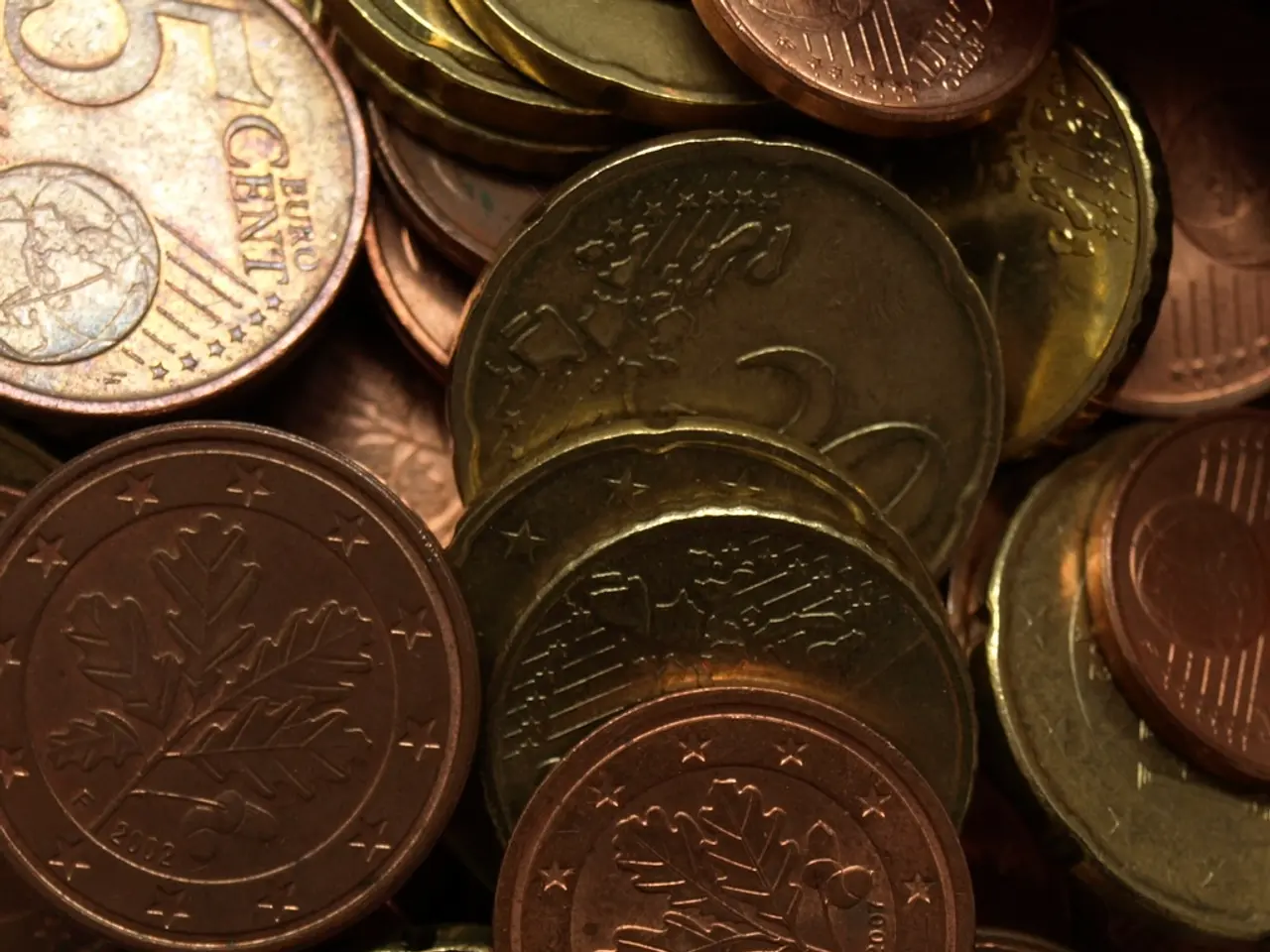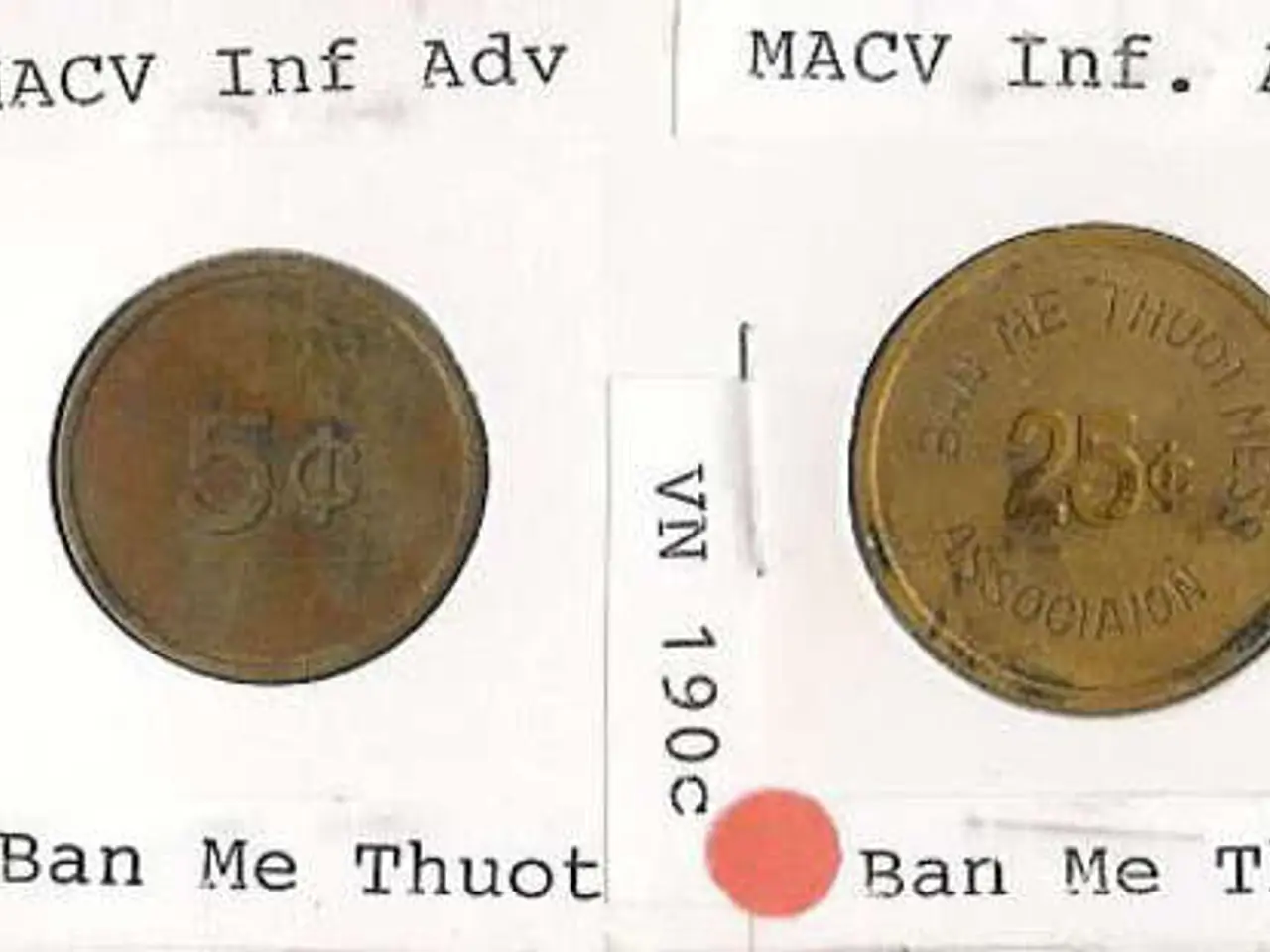Reversed Verdict Granted in Historic Crypto Insider Trading Scandal Involving Ex-OpenSea Manager
In a significant development on Thursday, the 2nd U.S. Circuit Court of Appeals overturned the conviction of Nathaniel Chastain, a former OpenSea product manager, in a high-profile crypto industry insider trading case.
The ruling marked a significant reversal of Chastain's May 2023 conviction for wire fraud and money laundering, stemming from his alleged manipulation of his knowledge of what Non-Fungible Tokens (NFTs) would be featured on OpenSea's landing page to enrich himself. He was sentenced to three months in prison for these charges.
The appeals court found that the trial court had improperly allowed the jury to convict Chastain based on unethical behavior rather than a clear legal violation involving traditional property rights. The court clarified that non-fungible tokens or related non-public information may not necessarily constitute property rights central to fraud law, leading to the overturning of his conviction.
The case will now head back to the Southern District of New York for further proceedings consistent with the appeals court's decision. The government may decide whether to retry Chastain, given the legal complexities around defining property in digital asset law.
The appeals court also dismissed objections made by Chastain's attorneys that the district court abused its discretion in making certain evidentiary rulings. The court ruled that testimony about trades made by OpenSea CEO Devin Finzer would have been improper and potentially disparaging, and thus, was deemed inadmissible.
The court's ruling does not imply that Finzer's actions were improper or illegal. It also does not absolve Chastain of potential criminal conduct, but it suggests that he should have faced a different criminal charge, such as fraud based on unethical business dealings.
A note from the jury suggested that it believed that OpenSea did not view the featured NFT information as confidential, but that Chastain acted unethically by trading on the information. The appeals court did not find that Chastain's conduct was informed by knowledge of any trades made by Finzer.
This decision comes at a time when the crypto industry is under increased scrutiny, and it underscores the ongoing challenges in applying traditional legal frameworks to the rapidly evolving digital asset space.
[1] https://www.reuters.com/business/crypto-currency/us-court-overturns-conviction-former-opensea-product-manager-2025-07-01/ [2] https://www.cnbc.com/2023/05/19/nathaniel-chastain-sentenced-to-3-months-in-prison-for-insider-trading-of-nfts.html [3] https://www.bloomberg.com/news/articles/2023-05-19/opensea-s-ex-product-manager-sentenced-for-insider-trading [4] https://www.wsj.com/articles/nathaniel-chastain-sentenced-for-insider-trading-of-nfts-on-opensea-11684608332
- The appeals court decision on Nathaniel Chastain's insider trading case involving Non-Fungible Tokens (NFTs) has created a stir in the general-news and crypto spheres, as it complicates the definition of property rights in digital asset law.
- With the overturning of Chastain's conviction, the crypto industry, specifically businesses like OpenSea, now face additional challenges in navigating the complexities of traditional legal frameworks as they relate to NFTs.
- The ruling indicates that non-fungible tokens (NFTs) or related non-public information may not always equate to property rights central to fraud law, and this could potentially impact future insider trading cases within the crypto and digital asset markets.
- The court's dismissal of objections regarding the district court's evidentiary rulings has served to refocus attention on the ethical conduct of key figures in the crypto industry, such as OpenSea's CEO Devin Finzer, and the potential implications of their actions.
- This high-profile crypto industry insider trading case, involving figures like Nathaniel Chastain and companies like OpenSea, has raised questions about the application of crime-and-justice norms to the burgeoning world of Initial Coin Offerings (ICOs), NFTs, and crypto finance.




